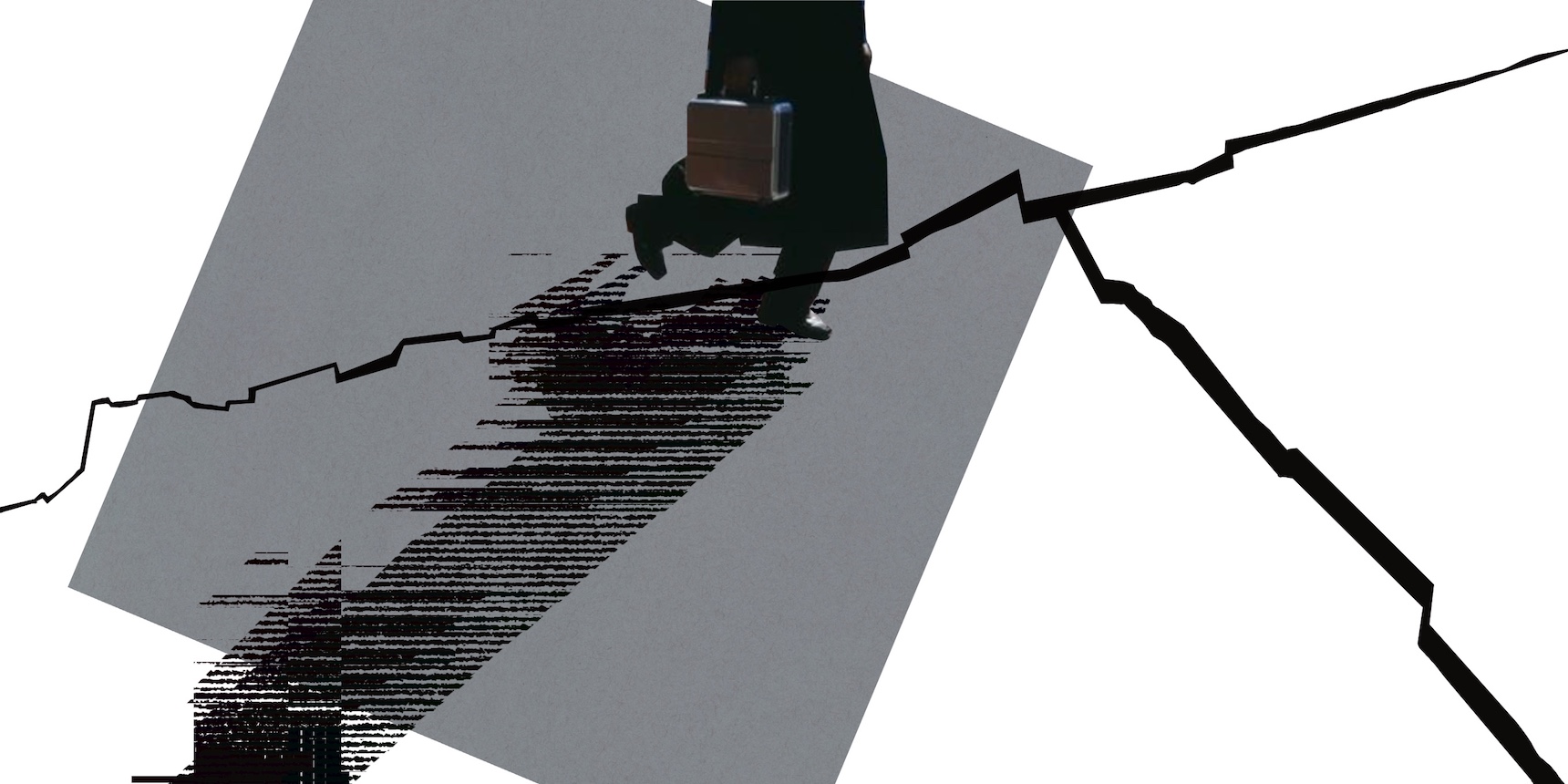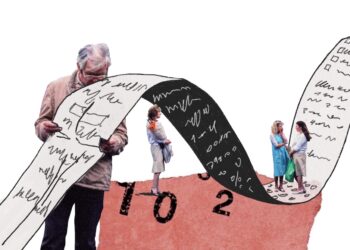
More than 34,000 people have been killed after a massive 7.8 magnitude earthquake hit southern Turkey and northern Syria on February 6, 2023. A mere nine hours later, a strong 7.7 magnitude aftershock occurred causing even more damage. According to figures published by the World Health Organization in its provisional report, the dead are mainly of Turkish nationality, to a lesser extent Syrian. Tens of thousands have been injured, millions are displaced. In the days, and weeks to come, this macabre number will increase further.
The toll of this earthquake, unprecedented in severity since that of the 1138 earthquake which devastated the city of Aleppo, is threefold. The devastation is firstly human, given the number of victims unevenly rescued; material (infrastructure and tens of thousands of buildings destroyed); political (Erdogan, who is struggling to remain in power and Assad, who will be judged by his ability to meet the challenge of rescue and reconstruction with the means at his government’s disposal) and finally diplomatic.
Will this disaster have a positive effect on the rapprochement conducted in recent weeks between Damascus and Ankara if not to rehabilitate Syria in the international system? Probably, yes, if realpolitik and opportunism prevail over passions. Syrians and Turks each have more to gain than to lose, but sufficiently convincing pledges will be needed, starting with the evacuation of Syrian territories controlled by the Turkish army and a hypothetical solution on the return of refugees to their country. Just as the rebel areas in northwestern Syria held by the jihadists of Hayat Tahrir al-Sham think they are assured that international aid will arrive, while the victims living in the loyalist areas have no illusions about international solidarity, that struggles to distinguish the regime from the population which suffers the double penalty, that of sanctions and that of nature.
In an interview with Figaro, the French geographer specializing in the Middle East, Fabrice Balanche, recalls lucidly, that “those who have not been loyal to the regime will be the last to be rescued.” On the bench of pariah nations, the Syrian Arab Republic is paying the appalling toll of bloody repression against its opponents. But Damascus can today count on the support of brotherly countries, at the forefront of which are Lebanon, Egypt, Algeria, Tunisia, Iraq, the United Arab Emirates and Jordan. Apart from the aid received from these countries, there is Russia, China, India and to a lesser extent, Armenia, which have been friends to Damascus.
A victim of the Turkish-Azerbaijani military aggression in 2020 and more recently in September 2022, small Armenia also sent aid and rescue teams to Turkey, which accepted it, seeing in this humanitarian gesture a positive step in the difficult dialogue which must lead the two neighbors to begin a normalization of bilateral relations. Although Ankara has accepted massive aid from Greece, whose air and maritime space it violates daily, it has nevertheless refused the aid offered by the Republic of Cyprus, more than a third of whose territory is occupied by the Turkish army. But the rescued populations will not forget the hand extended by supportive neighbors.
A Threatened Heritage
This earthquake also reminds us that geography and history resurface in decalcomania. Looking more closely at the epicenter and its surroundings, one can easily trace the map of a disappeared kingdom. The earth shook on the lands of ancient Cilicia, the former kingdom of an extra-territorial Armenia where a civilization had flourished in the Middle Ages. Where the Anatolian plate collides with the Arabian plate, geopolitics has invited itself to disaster. The cities of Turkey which were affected share the same geological vulnerability but not the same populations, thus the Sunni Turks of Marash and Malatya were better rescued than their Arabic-speaking compatriots of Syrian origin from the Sanjak of Alexandretta and Kurds from Diyarbakir. Everything suggests that it is the most vulnerable, namely those who have suffered from the Syrian war but also the minorities who are called upon to pay the high price. In Aleppo, the handful of Christians who have remained in their city, those who have not given in to the sirens of emigration, are now sleeping in the churches that are still standing, or even in their cars.
As we write these lines, an entire ecosystem is now more than ever in danger of disappearing. The names of the bruised towns evoke the Old and New Testaments. Antioch, cradle of Christianity, a Syrian city arbitrarily attached to Turkey by the pusillanimity of a France anxious to spare Turkey on the eve of the Second World War. Antep, the former Armenian metropolis of Cilicia with its tattered fortress, its cathedral converted into a mosque is only a shadow of its former self. Malatya, the ancient Melitene, one of the cradles of Western Armenia which is a heap of ruins. And beyond stones and rubble, a timid voice struggles to be heard. Who can lend an ear to the complaint of the last Christians of Antioch in the West? While the baptized in Syria are almost inaudible when they are not instrumentalized for ideological purposes, it is a whole world that disappears in the din of a vanished Orient.
Understand, geopolitics is a hard science, it has its rules, is an art that does not suffer from any deviation. Are we finally going to move to help those who are suffering? If only once, even for those few days, those few hours, the time it takes to save some lives and preserve a few others… I wonder sometimes, how it can be that we are not able to make allowances and decide to act in the name of respect for human dignity, especially for those people who watch us stare at them while dying.
Recently published
A Pyrrhic Peace
Armenian experts help make sense of the ongoing discussions surrounding a possible peace deal between Baku and Yerevan, and what developments can actually be expected in the coming months.
Read moreWeaponizing Energy: Nagorno-Karabakh’s Energy Supplies Under Siege
Artsakh’s entire economy is heavily dependent on Armenia, and the blockade of the Lachin Corridor has made it more vulnerable, giving Azerbaijan the ability to weaponize Artsakh’s energy supply and control over its critical infrastructure.
Read moreProposed Changes in Armenia’s Tax System
The Tax Revenue Management Plan for 2022-2025 will encompass several alterations in Armenia’s taxation system. Arpine Simonyan presents the main types of taxes in Armenia, the planned changes and challenges taxpayers face.
Read more



